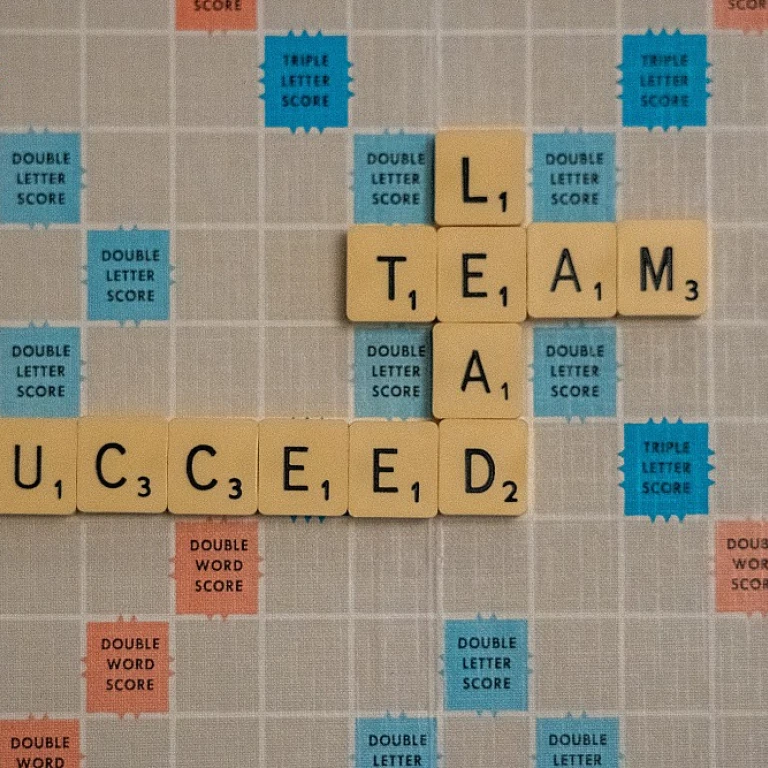
Overview of Labor Laws for Minors in Pennsylvania
An Insight into the Framework Governing Minors' Work
In Pennsylvania, understanding labor laws concerning minors is key for both employers and young employees. The state implements strict child labor laws to protect minors from exploitation and ensure their employment does not interfere with their education and well-being. Comprehending these regulations is essential for human resources professionals, employers, parents, and the minors themselves. Pennsylvania's child labor laws, like the federal Fair Labor Standards Act, dictate minimum age requirements for employment and outline restrictions on work hours and permissible job types. These rules are aimed at balancing the educational needs and welfare of the child while allowing for meaningful work experiences. The foundation starts with obtaining legal documentation, such as employment certificates or work permits, to verify the minor's eligibility to work. Age verification is crucial in ensuring that the child meets the requisite age criteria stipulated by the state. Minors in Pennsylvania have defined permissible work hours which reflect an understanding of their educational commitments. For instance, their hours change based on whether it's a school day or during vacations, highlighting the importance of prioritizing their schooling. For more in-depth details on how workers’ compensation duration affects youth employment choices and its implications, you can explore further here. It’s also important for employers to stay updated on recent legislative changes that may impact how minors are employed, ensuring they remain compliant with state labor laws. Due diligence in this area safeguards both the employee's rights and the employer's operations.Work Permits and Age Verification
Securing Work Permits and Validating Ages
In Pennsylvania, the employment of minors is carefully regulated to ensure their safety and to balance work with their educational commitments. A fundamental step in this process is obtaining a work permit, which serves as critical evidence of a minor's eligibility for employment. Minors looking to work must acquire this permit before their first day on the job. The requirement demonstrates the state’s commitment to preventing child labor exploitation and ensures that minors are employed under lawful conditions. Process for Obtaining a Permit:- Parental Consent: Both a parent and the minor must sign the work permit application, reflecting the guardian’s approval and awareness of their child’s employment.
- School Verification: The minor’s school district plays a significant role in issuing these permits. They confirm that the minor meets the age prerequisites and that working will not interfere with their education. The school day is prioritized, ensuring work does not hinder academic opportunities.
- Age Documentation: Proof of age is another key component. Acceptable documents include a birth certificate, a passport, or an age certificate issued by Pennsylvania’s Department of Labor.
Permissible Work Hours and Restrictions
Constraints on Timing and Length of Work
Navigating the permissible work hours for minors in Pennsylvania can be complex, as these labor laws are essential for balancing education and employment. According to the state's regulations, which are in place to ensure a healthy balance between school and work for young individuals, minors are permitted to work during specific hours depending on their age group and whether school is in session.- Under 14 years age: In accordance with child labor laws, children under 14 are generally prohibited from employment, except in certain non-hazardous occupations like newspaper delivery or as a performer.
- Ages 14 to 15: During the school year, these minors can work outside school hours between 7 a.m. and 7 p.m., but they are limited to 3 hours on a school day, 18 hours in a school week, and up to 8 hours on a non-school day. When school is not in session, such as summer months, they are allowed to work until 9 p.m., up to 8 hours a day, and a maximum of 40 hours a week.
- Ages 16 to 17: This age group has more flexibility. They can work up to 28 hours a week during the school year, with restrictions on their work hours during school days being greater than those on non-school days. However, during vacations, these minors can extend their working hours to 48 hours per week.
Types of Employment Allowed for Minors
Exploring Work Opportunities for Young Pennsylvanians
When it comes to the types of employment that minors in Pennsylvania can engage in, the state has specific labor laws to ensure their safety and well-being. These regulations protect young workers from exploitative conditions and inappropriate work environments. Minors, especially those during school sessions, must adhere to restrictions on employment hours. They can only work a limited number of hours per school day and week. This helps balance their educational commitments with their work responsibilities. The state also has rules that limit work during holidays, like Labor Day. As per Pennsylvania child labor laws, certain occupations are strictly prohibited for minors. This includes jobs that have potential health risks or that could interfere with their schooling. Jobs deemed hazardous and inappropriate for young workers include, but are not limited to:- Operating heavy machinery
- Working in manufacturing sectors with exposure to toxic chemicals
- Jobs involving heavy lifting that might strain young muscles
Employer Responsibilities and Compliance
Employer Duties and Legal Compliance for Youth Employment
The employment of minors in Pennsylvania comes with a set of obligations for employers aimed at safeguarding young workers. Employers must ensure adherence to state labor laws which include managing work permits, regulating work hours, and abiding by age-based restrictions on work types.- Verification of Work Permits: Before hiring a minor, employers must obtain a valid work permit from the child. These permits are essential to verify the minor's age and are typically issued by the school district. The permit needs to be publicly displayed or available for inspection.
- Adherence to Work Hour Limitations: Employers must ensure that minors work within the permissible hours set by the state. During a school session, work hours differ compared to when school is not in session. Employers must monitor these work hours to prevent violations of labor laws.
- Job Role Restrictions: Some occupations are prohibited for minors of certain ages due to safety concerns. Employers must be aware of these restricted occupations to ensure they remain compliant and do not place the minor in a hazardous work environment.
- Fair Wage Practices: Pennsylvania labor laws mandate a minimum wage, and it is crucial for employers to comply with this requirement for minors. Employers should ensure equal pay for the employment minors undertake, observing all state labor law standards.
- Records and Documentation: To maintain legal compliance, employers are required to keep detailed records of the minor’s employment, including hours worked per day and per week, duration of work, and other essential employment certificates.
Recent Changes and Updates in Legislation
Updates and Shifts in Young Labor Legislation
In Pennsylvania, the landscape of labor laws concerning minors has experienced some adjustments and updates recently. Legal amendments are periodically made to ensure that child labor laws are in tune with the evolving socio-economic environment. For young workers, these changes typically target areas such as permissible work hours, types of employment, and conditions of work permits.
Firstly, the state has been streamlining the work permit and age verification processes, making them more accessible and efficient through more digital means. This move facilitates compliance for both school districts and employers, ensuring that minors are accurately monitored without excessive administrative burdens.
Moreover, updates have been made to the permissible work hours for minors to align more closely with contemporary educational and parental expectations. These changes emphasize restrictions during the school day and ensure that employment does not hamper educational opportunities.
The types of employment available to minors have seen tighter restrictions with a focus on safeguarding young workers from hazardous occupations. Specific jobs labeled as "prohibited" for minors ensure safety in the workplace, reflecting the state's commitment to protecting its young workforce.
Employers in the state must stay current with these labor law developments to remain compliant. As the laws around child labor continue to evolve, businesses should continuously engage with educational forums and legal consults designed to update them on changing employment laws. Regularly reviewing legislation helps guarantee alignment with legal standards and ethical practices surrounding young employees.
The evolution of these laws demonstrates a balancing act between empowering minors with employment opportunities and protecting their rights and welfare, a fundamental aspect of Pennsylvania's approach towards child labor.













